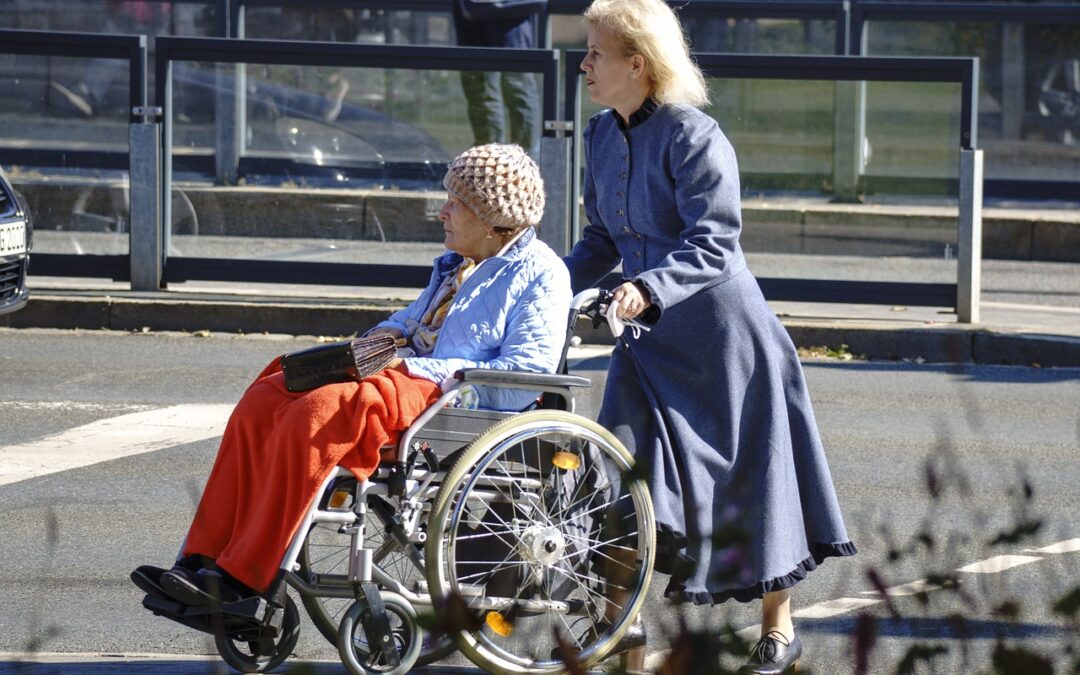The demands of caregiving can be overwhelming, resulting in stress, burnout, and other mental health issues. Family caregivers play a crucial role in the healthcare ecosystem, providing essential support and care to their loved ones in times of need. They frequently shoulder the responsibilities of physical care and emotional and psychological support. Here, we will explore the significance of family caregivers in healthcare and discuss seven valuable ideas for benefiting from therapy as a family caregiver. These ideas can help caregivers navigate challenging roles, improve their well-being, and provide better care to their loved ones.
Importance of family caregivers in healthcare
Family caregivers are the unsung heroes of healthcare, quietly but profoundly impacting the well-being of their loved ones. Their significance lies in their ability to reduce healthcare costs by providing cost-effective, compassionate care, often in the comfort of the patient’s home. They improve patient outcomes by offering emotional support in familiar surroundings, contributing to faster recovery. Caregivers also enhance the quality of life for their loved ones, preventing feelings of isolation. They enable seniors to age in place, a preference for many, and play a crucial role in reducing hospital readmission by ensuring patients receive proper care at home. However, caregivers face significant challenges, underscoring the importance of recognizing their needs and seeking therapy and support to navigate their vital roles effectively.
Ideas can benefits of therapy as a family caregiver:
The ideas that can benefit family caregivers through therapy are a lifeline for those navigating the complex and demanding role of care-giving. Here are some useful ideas:
i) Help Your Loved One Maintain as Much of Their Independence as Possible:

One of the primary goals of caregiving is to ensure the well-being of your loved one, but it’s also important to empower them to maintain their independence to the greatest extent possible. Therapy can guide caregivers in striking this delicate balance. It helps caregivers identify areas where their loved one can remain autonomous, such as managing daily activities or making decisions about their care. With the assistance of a therapist, caregivers can develop strategies to offer support while respecting their loved one’s dignity and autonomy, ultimately enhancing their overall quality of life.
ii) Tailoring Therapy to Your Needs:
Just as each caregiving situation is unique, therapy should be tailored to meet the specific needs of the caregiver. Caregivers often grapple with various emotions, from stress and frustration to guilt and sadness. Tailored therapy provides a safe and confidential space for caregivers to express these emotions and discuss their challenges. Customizing therapy to the caregiver’s unique circumstances helps them develop coping strategies that are relevant and effective, providing the necessary support and guidance along their caregiving journey.
iii) Incorporating Self-Care:
Caregivers frequently put their needs aside while caring for their loved ones, often resulting in burnout and compromised well-being. Therapy underscores the importance of self-care, emphasizing that taking care of oneself is not selfish but necessary. Through therapy, caregivers can learn to prioritize self-care by setting boundaries, allocating time for hobbies, and seeking respite care when required. By incorporating self-care practices into their routine, caregivers are better equipped to provide sustainable care and maintain physical and mental health.
iv) Get Support from Counseling or Support Groups:
Therapy takes various forms, and group therapy or support groups can be particularly beneficial for family caregivers. These settings provide a sense of community and allow caregivers to share their experiences, challenges, and successes with others who understand the demands of caregiving. Counseling or support groups offer a platform for caregivers to exchange advice, receive emotional support, and develop coping strategies. In these groups, caregivers often find solace and realize they are not alone in their journey.
v) Enhancing Communication Skills:
Effective communication is crucial in caregiving but can be a significant challenge, especially in emotionally charged situations. Therapy can teach caregivers the art of empathy, patience, and clear communication. By enhancing their communication skills, caregivers can express their needs, concerns, and emotions while listening actively to their loved ones. Improved communication fosters healthier and more productive interactions, reducing stress and misunderstandings within the caregiving relationship.
vi) Try to Stay Connected:
Caregiving can be isolating, and caregivers often sacrifice their social lives. Therapy encourages caregivers to find ways to stay connected with friends and family, even while fulfilling their caregiving responsibilities. Maintaining a support network outside of caregiving provides emotional relief, combats feelings of loneliness, and ensures caregivers have a broader support system to rely on during challenging times.

vii) Tracking Progress and Adjusting:
The caregiving journey is dynamic and evolves. Therapy is not a one-time solution but an ongoing process. Caregivers benefit from regularly assessing their progress in therapy and adjusting their strategies as needed. As caregiving situations change or new challenges arise, suspension therapist clifton nj can provide guidance and support in adapting to these shifts effectively. Tracking progress and adjusting helps caregivers remain resilient and maintain their well-being throughout their caregiving journey.
Final thought
Seeking therapy as a family caregiver is a proactive step towards better caregiving and personal well-being. Tailored therapy empowers caregivers to balance care and independence, practice self-care, access valuable support, enhance communication skills, stay connected, and adapt as needed. Remember, caring for oneself is not selfish but essential for sustaining the caregiving journey and providing the best care possible to your loved one.


